
Power and influence are wielded in various spheres in today’s interconnected and dynamic world. Some individuals hold positions that allow them to shape policies, economies, and societies on a global scale. Here, we’ll explore the top 10 powerful jobs in the world, highlighting the individuals who occupy these influential roles.
1. President of the United States
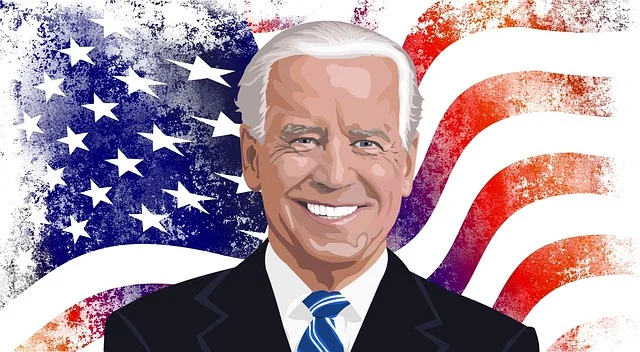
The President of the United States is often regarded as the most powerful person in the world. They have a significant impact on global politics, economics, and security. The decisions made by the U.S. President ripple across the globe. The president of the USA is the head of the executive branch of the federal government. It has various powers and responsibilities as defined by the Constitution and the laws of the nation. Some of the powers of the US president are:
- The power to sign or veto legislation passed by Congress.
- The power to command the armed forces and conduct military operations.
- The power to make treaties with foreign nations, with the consent of the Senate.
- The power to appoint and remove executive officers, judges, and ambassadors, with the advice and consent of the Senate.
- The power to grant reprieves and pardons for federal offenses.
- The power to convene or adjourn Congress in special circumstances.
- The power to receive foreign diplomats and represent the nation in international affairs.
- The power to issue executive orders and proclamations with the force of law.
2. General Secretary of the Communist Party of China
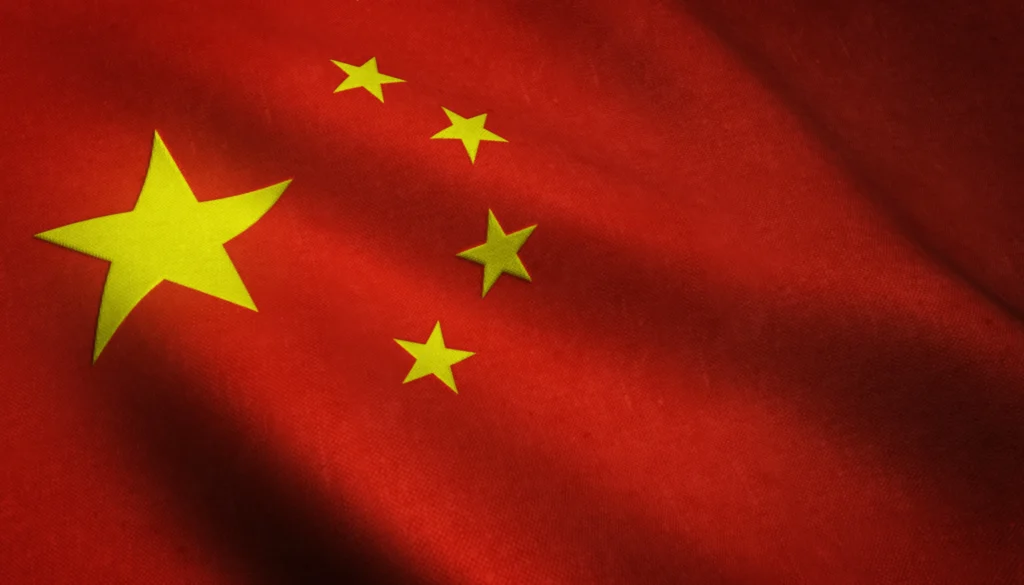
As the leader of the world’s most populous country and one of its largest economies, the General Secretary of the Communist Party of China holds immense power. Their policies can reshape international trade, diplomacy, and geopolitics.
The General Secretary of the Chinese Communist Party (CPC) is the head of the CPC, the sole ruling party of China. The General Secretary is also the president of China, the chairman of the Central Military Commission, and the leader of various leading groups and commissions that oversee different aspects of the country’s governance. The General Secretary is elected by the Central Committee of the CPC, composed of about 200 senior party members. The General Secretary serves as an ex officio member of the Politburo Standing Committee (PSC), China’s de facto top decision-making body.
The powers and roles of the General Secretary are vaguely defined, with no term limits or written rules for selecting a successor. However, as China is a one-party state, the General Secretary holds ultimate power and authority over the state and government and is usually considered the “paramount leader” of China. Some of the powers of the General Secretary are:
- The power to set the political agenda and direction of the party and the nation.
- The power to appoint and remove key officials in the party, the government, the military, and the judiciary.
- The power to formulate and implement domestic and foreign affairs policies, economic and social development, national security, and defense.
- The power to represent China in international relations and diplomacy, and to sign treaties and agreements with other countries.
- The power to issue directives and instructions to lower-level party organs and cadres.
- The power to mobilize and lead the party and the people in times of crisis or emergency.
3. Chancellor of Germany
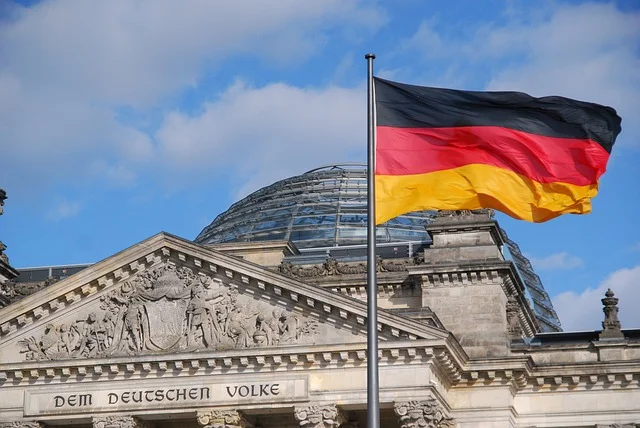
Germany, as a major player in the European Union, looks to its Chancellor for leadership. Their influence extends to the EU’s policies, economic stability, and responses to global crises. The Chancellor of Germany is a mighty position in the German political system. The Chancellor is the head of the federal government and the commander in chief of the German Armed Forces during wartime. The Bundestag elects the Chancellor, the German parliament, on the proposal of the President, who is the head of state. The Chancellor can determine the number and duties of the cabinet ministers and can set the guidelines for the government policies. The Chancellor can only be removed from office by a constructive vote of no confidence, which means that the Bundestag must agree on a successor before dismissing the Chancellor. The current Chancellor of Germany is Olaf Scholz, elected in December 2021, succeeding Angela Merkel, who served for 16 years as Chancellor.
4. President of the European Central Bank
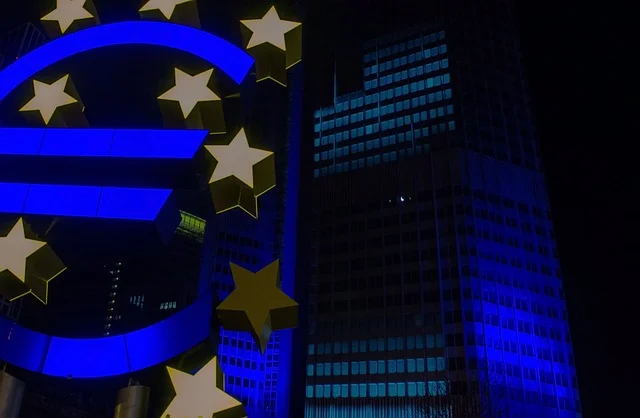
The President of the ECB plays a pivotal role in determining the monetary policies of the Eurozone, affecting not only Europe but also global financial markets and stability. The Chancellor of Germany is a mighty position in the German political system. The Chancellor is the head of the federal government and the commander in chief of the German Armed Forces during wartime. The Bundestag elects the Chancellor, the German parliament, on the proposal of the President, who is the head of state. The Chancellor can determine the number and duties of the cabinet ministers and can set the guidelines for the government policies. The Chancellor can only be removed from office by a constructive vote of no confidence, which means that the Bundestag must agree on a successor before dismissing the Chancellor. The current Chancellor of Germany is Olaf Scholz, elected in December 2021, succeeding Angela Merkel, who served for 16 years as Chancellor.
Read More: Top 28 Most Demanding Jobs in Canada [New NOC CODE]
5. Secretary-General of the United Nations
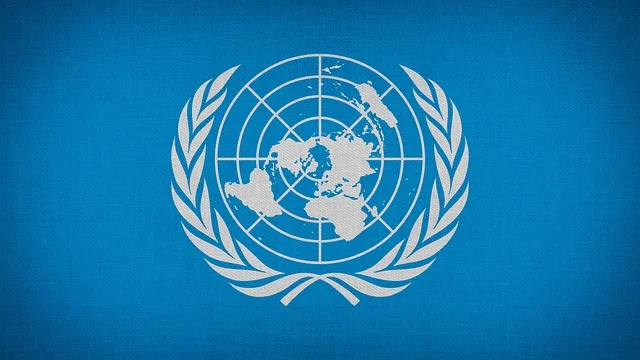
The Secretary-General of the UN is responsible for addressing international conflicts, promoting peace, and coordinating humanitarian efforts worldwide. They have a unique position to influence global cooperation. The Secretary-General of the United Nations is the chief administrative officer of the United Nations and the head of the United Nations Secretariat. The role of the Secretary-General and the Secretariat is laid out by Chapter XV of the United Nations Charter. The Secretary-General is appointed by the General Assembly upon the recommendation of the Security Council for a term of five years, which is renewable. The Secretary-General has the following powers and responsibilities:
- The Secretary-General is a symbol of United Nations ideals and a spokesperson for the interests of the world’s peoples, in particular the poor and vulnerable among them.
- The Secretary-General can bring to the attention of the Security Council any matter which in their opinion may threaten the maintenance of international peace and security.
- The Secretary-General chairs the meetings of the Governing Council, which is the main decision-making body of the ECB.
- The Secretary-General is a member of the Executive Board, which is responsible for implementing the monetary policy set by the Governing Council and managing the day-to-day business of the ECB.
- The Secretary-General represents the bank abroad, for example at the G20.
- The Secretary-General makes appointments to UN posts, oversees peacekeeping missions, and mediates conflict.
- The Secretary-General submits annual reports and recommendations to the General Assembly on the work of the UN.
- The Secretary-General uses their good offices to prevent international disputes from arising, escalating, or spreading.
The current Secretary-General of the United Nations is António Guterres of Portugal, who took office on 1 January 2017. He is the ninth occupant of the post and the first former head of government to become Secretary-General¹. He was previously the Prime Minister of Portugal and the United Nations High Commissioner for Refugees. He succeeded Ban Ki-moon of South Korea, who was Secretary-General from 1 January 2007 to 31 December 2016.
Read More: Top 22 Most Demanding Jobs in Dubai & UAE
6. Managing Director of the International Monetary Fund (IMF)
As the head of the IMF, the Managing Director has a crucial role in stabilizing global economies and addressing financial crises, making their decisions far-reaching in the financial world.
7. CEO of Major Tech Companies (e.g., Amazon, Google, Facebook)
CEOs of major tech giants wield enormous power over digital communication, data, and global markets. Their decisions impact not only business but also privacy and information flow worldwide.
8. Pope of the Roman Catholic Church
The Pope holds spiritual authority over a billion Catholics worldwide. His teachings and decisions on social issues influence moral and ethical debates globally.
9. Chairperson of the Federal Reserve (United States)
The Federal Reserve Chairperson’s policies influence the U.S. and global economies. Decisions on interest rates and monetary policy have ripple effects in financial markets worldwide.
10. Director-General of the World Health Organization (WHO)
The COVID-19 pandemic underscored the importance of the WHO. The Director-General’s decisions on global health policies impact disease control, vaccine distribution, and pandemic preparedness on a global scale.
In these influential positions, individuals shape the world in various ways, from political decisions and economic policies to cultural and moral guidance. The power they wield highlights the interconnectedness of our world and the impact of leadership on a global scale.




